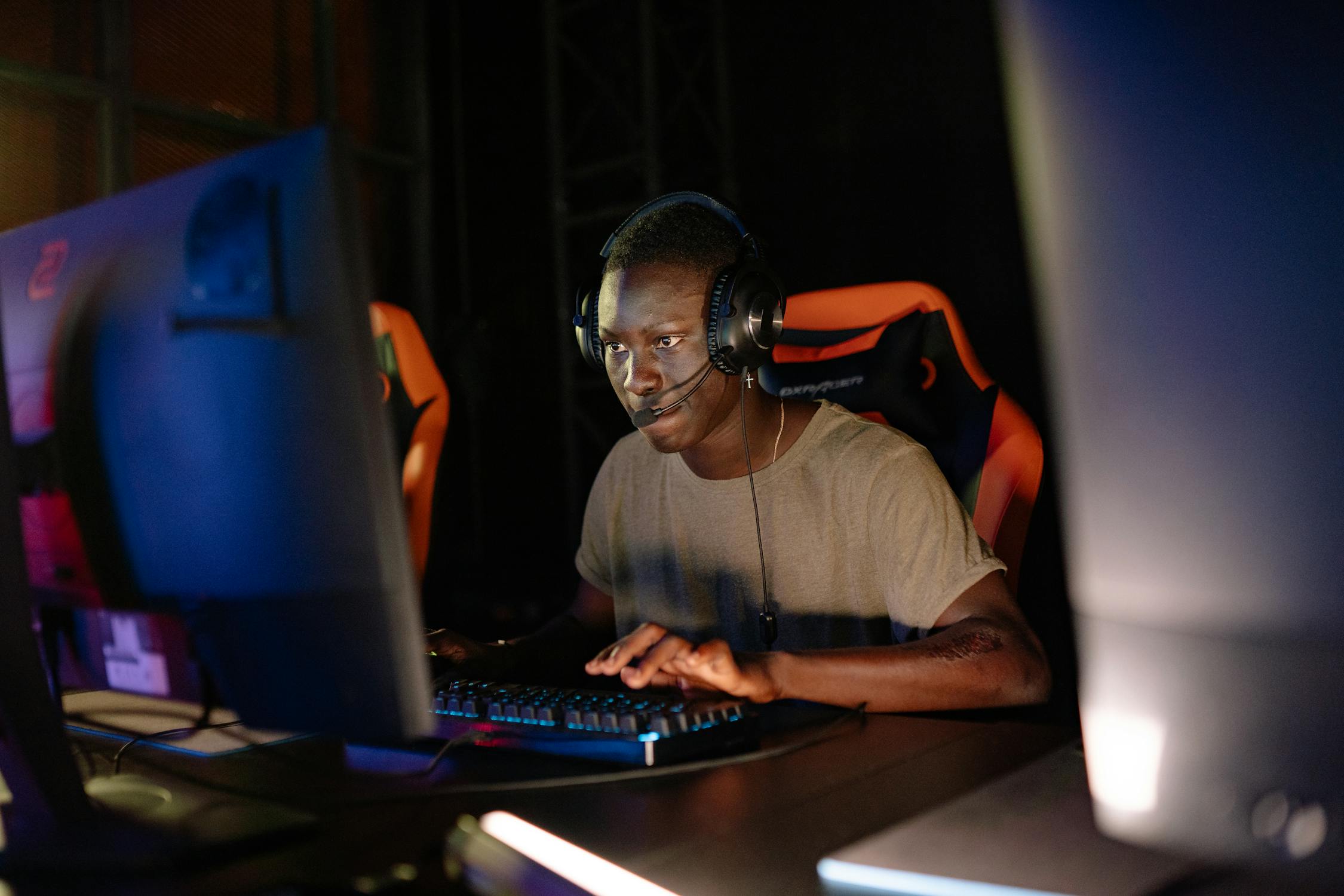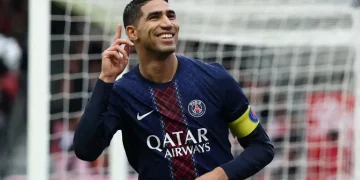
Hey there, music lovers and creative minds! Ever wondered what the future of music sounds like? Well, I’m here to tell you, it’s already happening, and it’s absolutely fascinating. We’re diving deep into the world of AI and music, and trust me, you’re in for a treat.
Imagine a world where artists can collaborate with artificial intelligence, pushing the boundaries of creativity and producing sounds you’ve never heard before. Sounds like science fiction, right? But it’s not! Today, we’re going to explore how some of the most innovative artists are using AI to change the way music is made, experienced, and even understood.Early Adopters and the AI Revolution
Let’s start with the pioneers, the ones who weren’t afraid to dive headfirst into the unknown. These are the artists who saw AI not as a threat, but as an incredible tool for expression. Take Grimes, for example. She’s been incredibly vocal about her views on AI, seeing it as a catalyst for artistic innovation. She even launched Elf.Tech, an AI platform that lets anyone transform their vocals to sound like her! How cool is that? Grimes believes in open-sourcing art and even proposed a 50% revenue share for AI-generated tracks using her voice. This is a radical shift from traditional copyright models and really gets you thinking about the future of ownership and creativity.
Then there’s Arca, the Venezuelan electronic musician. Arca sees AI as a genuine collaborator, not just a tool. She’s worked extensively with Bronze, an AI music software that generates compositions that never repeat. Imagine walking into a museum and hearing a soundtrack that’s constantly evolving, ensuring you never have the same experience twice. That’s exactly what Arca created for MoMA with her piece “Echo (Danny the Street).” She even released 100 different AI-generated versions of her track “Riquiquí,” showing just how much AI can expand the possibilities of a single piece of music.
And let’s not forget Björk, who teamed up with Microsoft to create “Kórsafn,” an AI-generated soundscape that adapts to real-time weather conditions and the sun’s position. It’s like the music is listening to the environment and responding in real time! Björk sees technology as a form of “magic” that can help express ideas that might otherwise be unexpressable. She emphasizes that while computers can generate sound, it’s the human artist who brings depth and emotion to the music.Contemporary Artists Taking AI Further
Building on the work of these pioneers, a new wave of artists is pushing the boundaries even further. Holly Herndon, for instance, created an AI version of herself called Holly+, trained on her own vocal performances. This “digital twin” can sing in multiple languages and explore vocal techniques beyond Herndon’s own capabilities. She also created “Have I Been Trained?,” a project that lets artists check if their work has been used in AI training datasets, showing her deep engagement with the ethical considerations of AI in music.
Ash Koosha went a step further and created an entire AI pop star named Yona. Yona’s songs are written using generative software, and while the lyrics can sometimes be abstract, they often express surprising emotional depth. Koosha sees AI as a “turbocharger” for the human brain, augmenting our creative potential. He envisions a future where virtual entertainers powered by AI become dynamic reflections of the internet itself.
YACHT, an electropop band, used AI to create their album “Chain Tripping.” They trained a machine learning system on their entire existing catalog and then sifted through the AI’s output to create new tracks. They even set strict rules for their AI collaborator, like requiring every melody to be an interpolation of two different melodies from their back catalog. This project led to their first Grammy nomination, showing that AI can not only be a creative tool but also a path to critical acclaim.The Historical Context and Diverse AI Tools
It’s important to remember that AI in music isn’t a new phenomenon. Early pioneers like Iannis Xenakis and Lejaren Hiller experimented with algorithmic composition, and David Cope’s “Emmy” program created original compositions in the style of classical composers. Sony’s Flow Machines project produced “Daddy’s Car” in 2016, recognized as the first pop song fully composed by AI. This history shows that the idea of using technology in music creation has been evolving for decades.
Today, we have a diverse ecosystem of AI-powered tools. Bronze AI software is used for generative music, Holly+ for vocal synthesis, and Elf.Tech for voice cloning. Suno AI and Udio generate music from text prompts, while MuseNet can create complex, multi-instrumental compositions. AIVA is recognized as a composer by France’s SACEM, and Amper Music helps create background music. Endel generates personalized soundscapes based on real-time data, and Björk even collaborated with them on “AI Lullaby.”Ethical Considerations and the Future of Music
Of course, the rise of AI in music brings up some serious ethical questions. The legal landscape around copyright and AI-generated music is still evolving. The US Copyright Office has ruled that works entirely generated by AI are not eligible for copyright protection, which has huge implications for ownership and monetization. There are also concerns about the impact of AI on human artists and the rise of “deepfake” songs using artists’ voices without consent.
However, many artists see AI as a tool for collaboration and expansion, not replacement. The key is finding a balance between leveraging AI’s capabilities and preserving the unique emotional depth and human expression that makes music so special. As AI continues to evolve, the discussions around these ethical considerations will be crucial in shaping the future of the music industry.Bringing it All Together
So, what does all this mean for you? Whether you’re a musician, a music lover, or just someone curious about the future, it’s clear that AI is changing the game. It’s opening up new possibilities for creativity, expression, and collaboration. It’s challenging our traditional notions of artistry and pushing us to think differently about what music can be.
For artists, AI can be a powerful tool to overcome creative blocks, explore new sounds, and even create entirely new virtual entities. For listeners, it means a world of music that’s more dynamic, responsive, and personalized than ever before. And for everyone, it means a future where the boundaries of creativity are constantly being pushed and redefined.
Have you ever wondered how accessible AI music creation is becoming? Well, you can even start experimenting with AI music with Adobe Express.
In conclusion, the integration of AI into music is not just a trend; it’s a fundamental shift. It’s a journey into the unknown, a collaboration between humans and machines that’s leading to some truly incredible results. As we move forward, it’s important to stay curious, open-minded, and engaged in the conversations that will shape the future of music. The future is now, and it sounds absolutely amazing.









